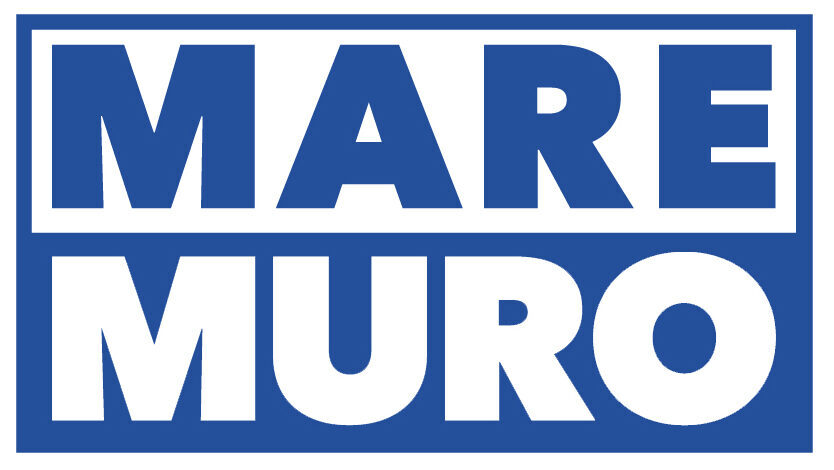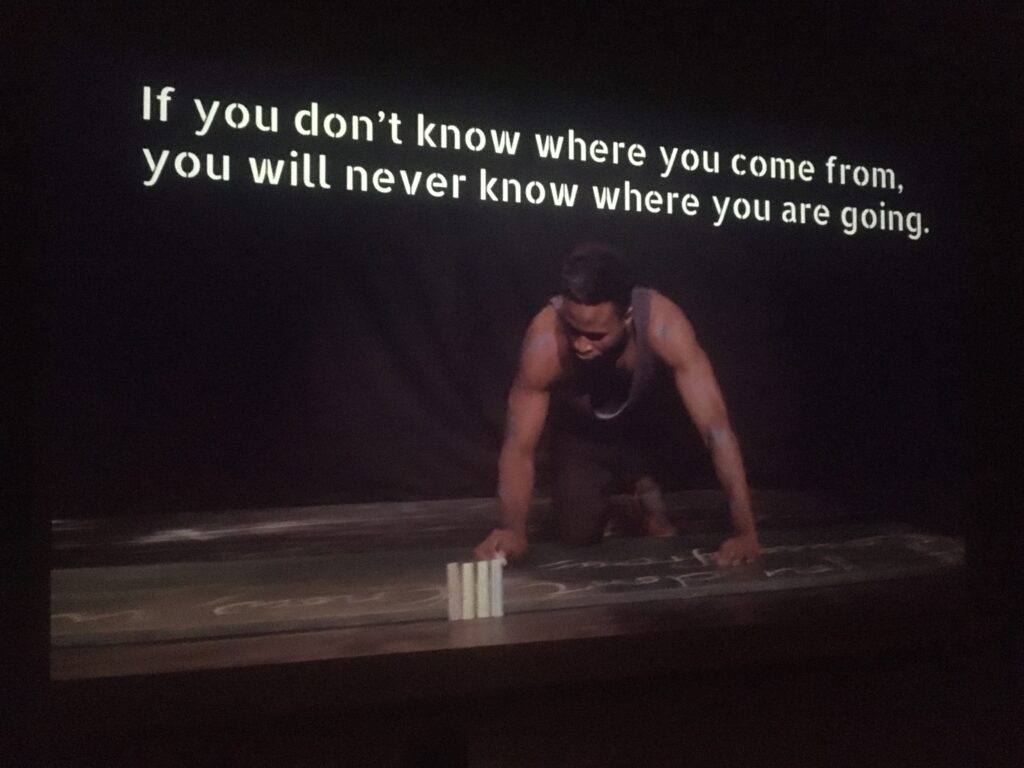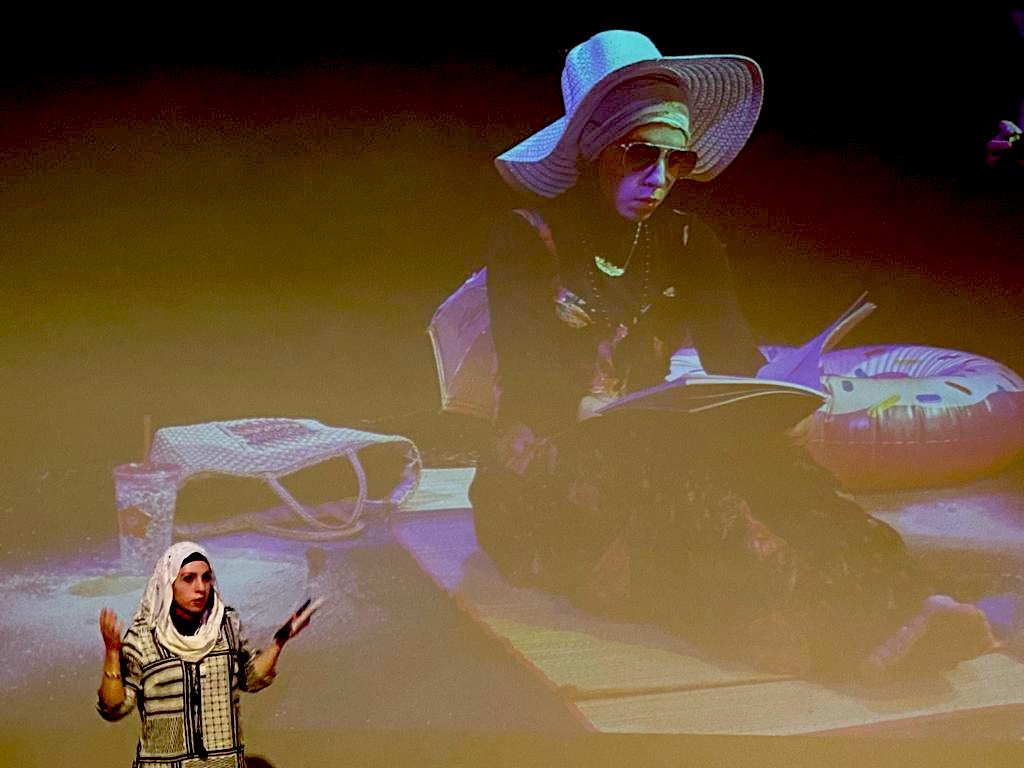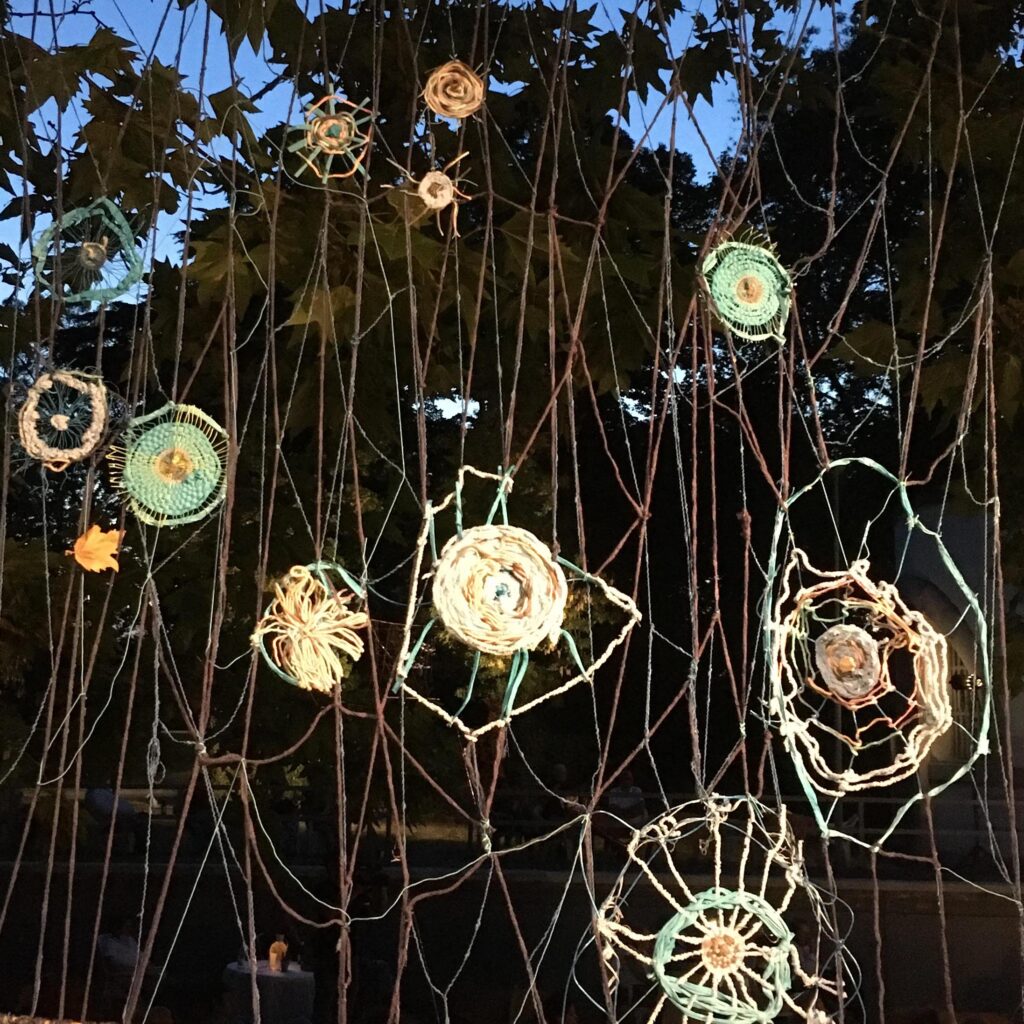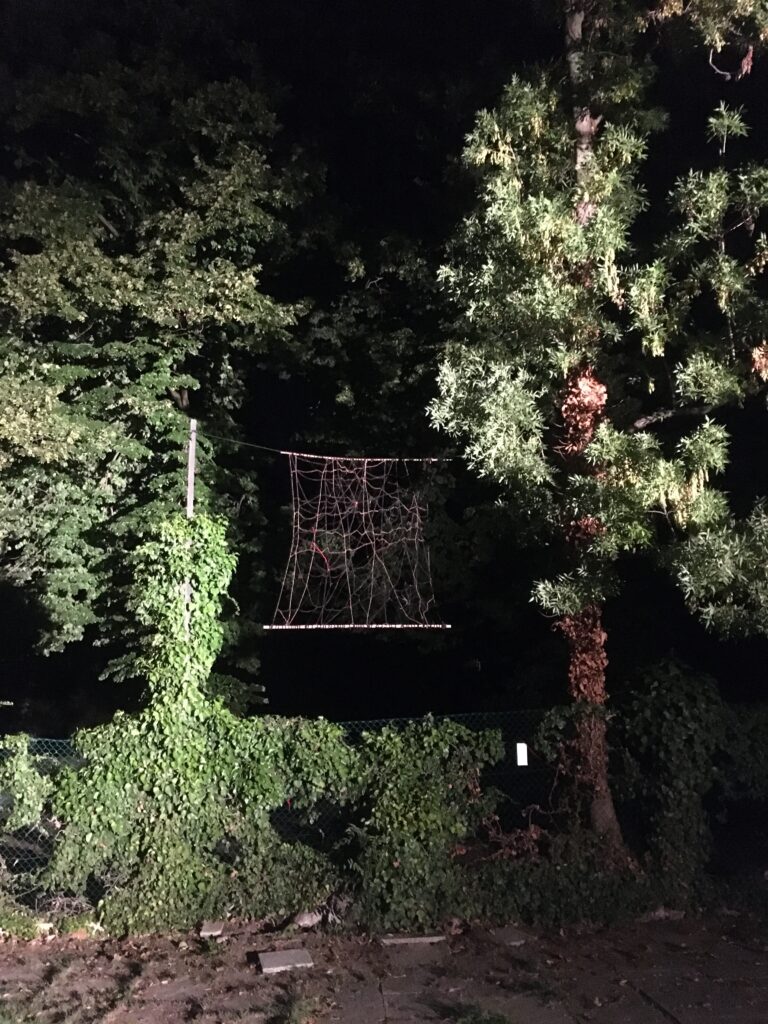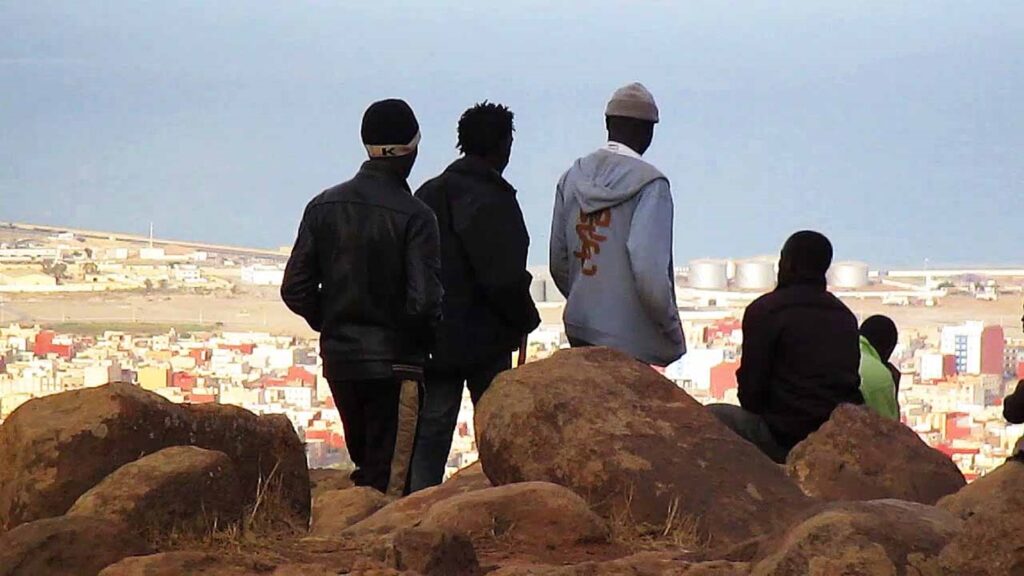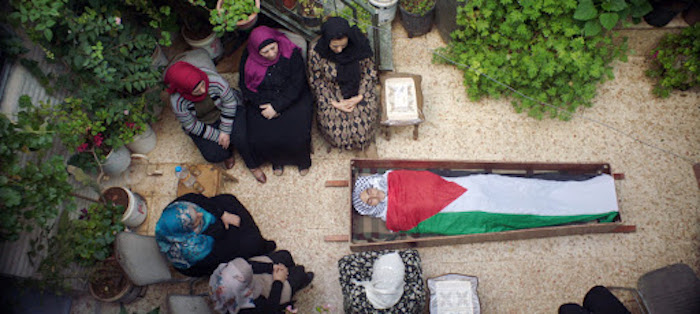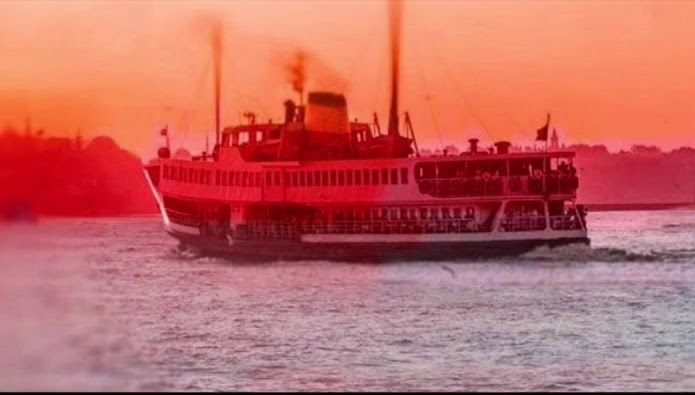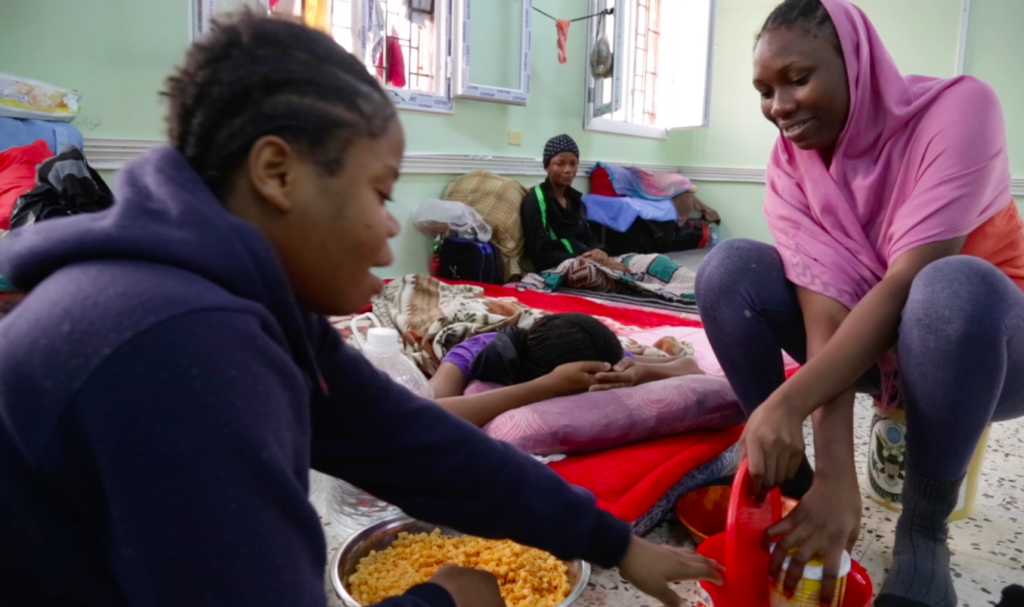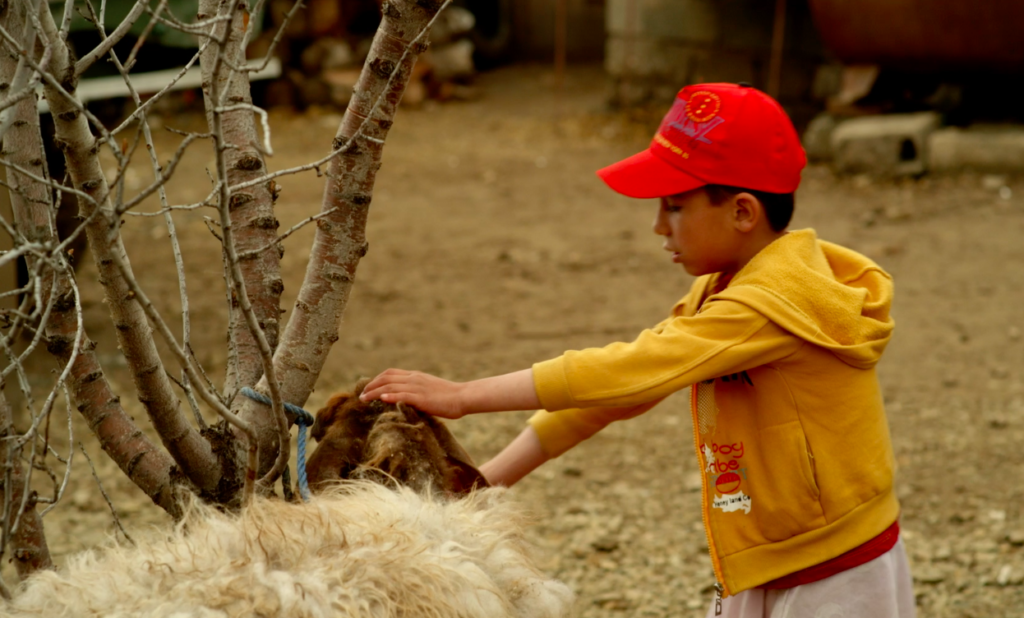The “MareMuro” project entered the “Cuore d’Italia” Summer Festival (Bologna) with four actions: one public meeting, one poetry session, one art exhibition and a screening program of 13 feature and short films.
PUBLIC MEETING: members of Theater X from Berlin publicly illustrated their work and showed videos related to their work and performances (July 30). Materials have been showed by the Al-Hakawati Club related to his latest work “Destination Unknown”, a critical reflection on nationalism, migration and colonial history. Young Syrians, Palestinians, Ghanaians… refuse to see their identities confined to the term “refugee”.
POETRY READING: meeting with the Iraqi poet Gassid Mohammed, in the frame of the poetry/writing program of the festival (10 July). Gassid Mohammed Hossein Hoseini was born in Babylon, Iraq, and is a writer, poet, translator (from Salgari, Pavese and Svevo) and teacher of Arabic at the University of Bologna and at the University of Macerata. His texts have appeared in various print and online magazines, and in various anthologies. In 2017 his poetry book “La vita non è una fossa comune” was released.
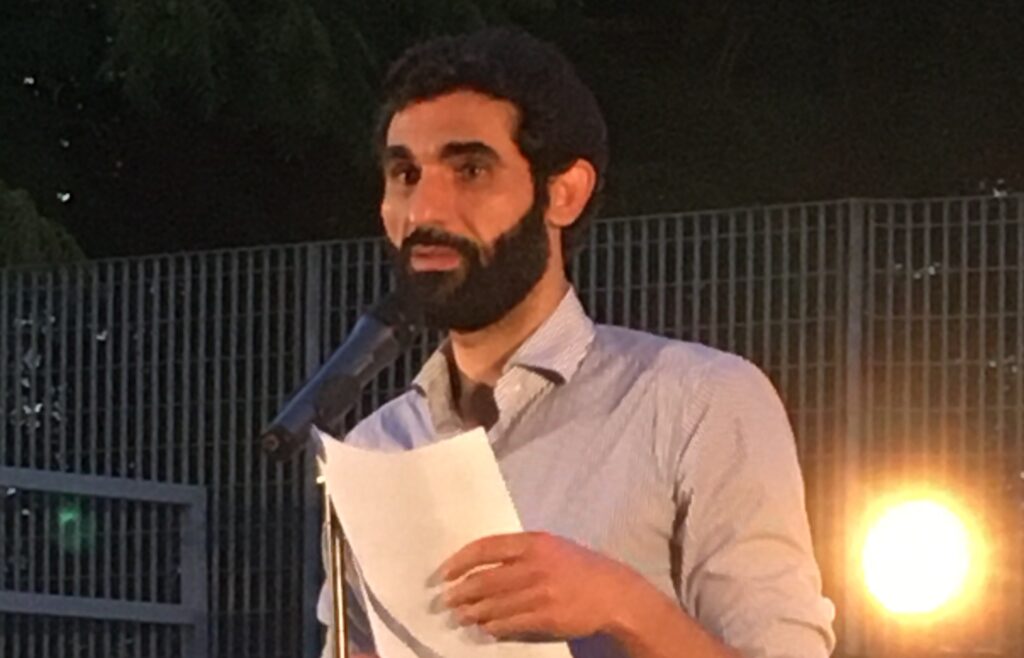
ART EXHIBITION: Susanna Cati created an artistic-performative action and a fiber-art installation entitled “The wall I would like” (23/26 July). Susanna Cati is one of the most important “fiber artist” in Italy and participated in various exhibitions, from London to St. Petersburg. In Bologna she created the installation “The wall that I would like”: “I would like a wall where I can imagine … a wall on which I can trace stories of leaves, flowers and my things. A wall of fragile threads, made of infinite intertwining. I would like a light wall, completely open to cross it day and night, which tells me happy stories. However, there is no wall in the heart and in the mind”.
CINEMA. Film screenings related to the theme of the sea and the wall (2/30 July), which led the public to five border places:
+ the Spanish Melilla in Moroccan land, where a wall physically rises between Europe and Africa, which migrants try to override, told in the documentary “Les sauteurs” by Moritz Siebert, Estephan Wagner, Abou Bakar Sidibé (2016);
+ Palestine, battered by occupation and marked by the “wall of shame” looming over imminent annexation, with the film “Mafak” by Bassam Jarbawi (2019), in collaboration with AssoPace Palestina;
+ Albania, in the past a borderland and suffering, and today at the center of new dynamics with Italy and Europe, with Stefano Grossi’s “Rotta contraria” (2018);
+ Libya, which was seen through 8 short films by young Libyan directors made in 2017 with the support of the Cairo Institute for Human Rights Studies (“Afdis” by Azrou Magura, “Sahab” by Hana Alhijazy, “Kidnapped” by Mohamed Fanan, “Locked away” by Mohamed Lagha, “Salha’s song” by Alaa Hasen Snead, “Silence” by Nora Morajea Abdelkrim, “Ta3bir” by Hussein Eddeb, “The hard choice” by Faraj Hamza;
+ Kurdish lands, in two short-medium films of 2016 and 2017 that tell on the one hand the suffering under the advance of Isis army (“Alan” by Mostafa Gandomkar, 2017), and on the other the long journey of a migrant from Afrin to Germany, documented by her smartphone (“Selfie” by Juan Ibesh, 2016).
